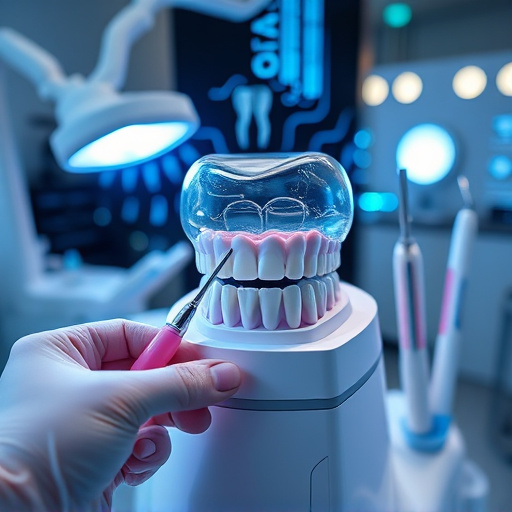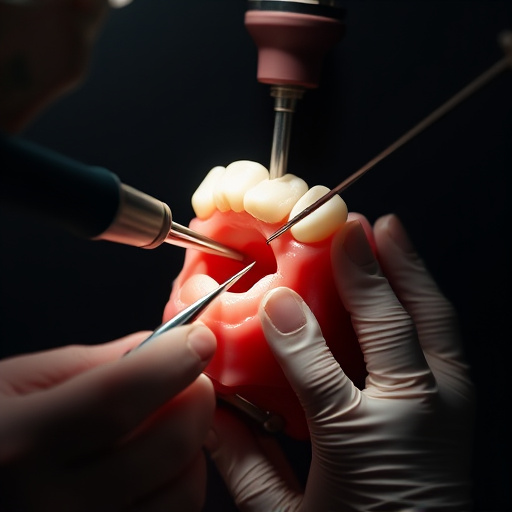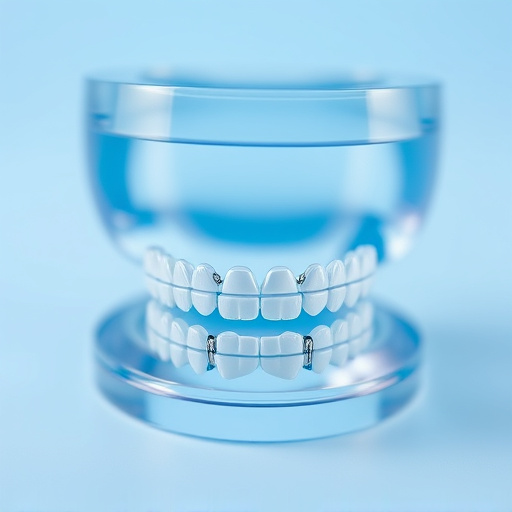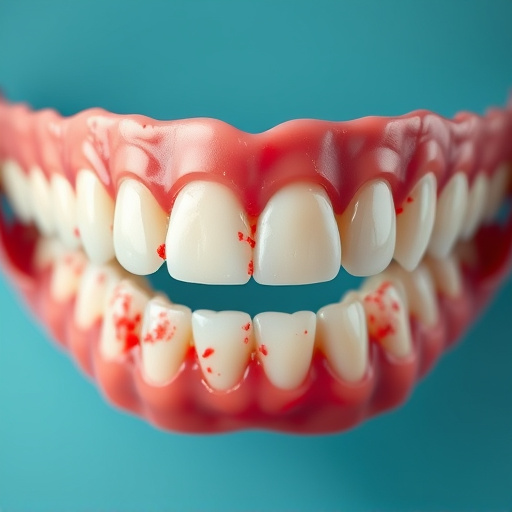Dental implants procedure offers a modern solution for missing teeth, enhancing oral function and aesthetics with a titanium post supporting a custom crown. Suitability requires healthy gums, adequate bone density, good oral hygiene, and overall health. The process begins with consultations, followed by surgery, osseointegration, healing, and attachment of a dental crown for a natural-looking tooth replacement suitable for all ages.
Considering dental implants? You’re not alone. This transformative procedure is gaining popularity for its ability to restore smile confidence and oral function. In this guide, we’ll demystify dental implants, answering common questions about who’s a good candidate, how the procedure works, and what to expect step-by-step. From understanding your options to navigating post-operative care, get ready to take the first step towards a brighter, healthier smile with dental implants.
What Are Dental Implants?

Dental implants are a modern solution for replacing missing teeth, offering a permanent and aesthetically pleasing alternative to traditional dentures or bridges. This innovative procedure involves surgically placing a small titanium post into the jawbone where a tooth once stood. The implant serves as an artificial root, providing stability and serving as an anchor for a custom-made dental crown.
This advanced approach not only restores oral function but also maintains the bone structure of the jaw, preventing the natural shrinking that often occurs after tooth loss. A general dentistry practice offering dental implants procedure is equipped with the latest technology to ensure precise placement and a seamless integration with a patient’s natural teeth, resulting in a beautiful, long-lasting smile.
Who Is a Good Candidate?
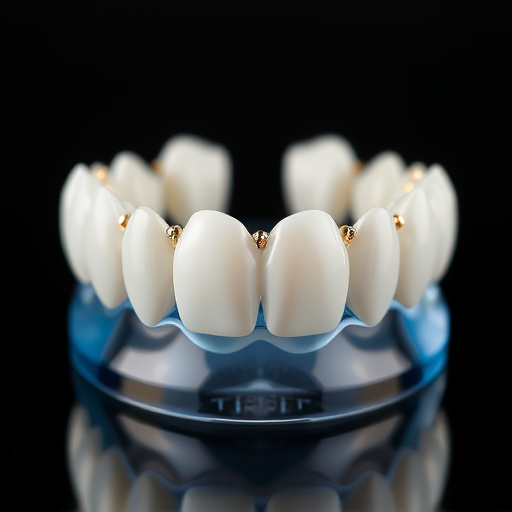
The suitability of a patient for dental implant procedure depends on several factors. Good candidates typically have healthy gums and sufficient bone density to support the implants. It’s also crucial to maintain good oral hygiene and overall health, as smoking or certain medical conditions may impact healing. Regular routine oral exams are essential to assess these factors before proceeding with cosmetic dentistry procedures like dental implants.
While dental implants offer a permanent and aesthetically pleasing solution for missing teeth, not everyone is an ideal candidate. Age, jawbone structure, and the state of surrounding teeth also play significant roles. A comprehensive consultation with a qualified dentist will help determine if dental implants are the best course of action, ensuring optimal results in cosmetic dentistry.
Understanding the Procedure Steps
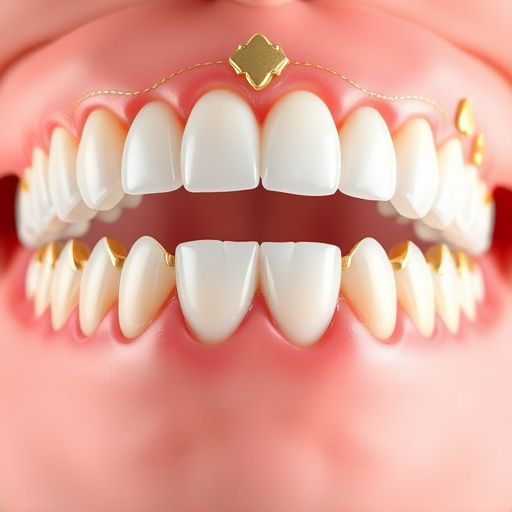
The dental implants procedure is a multifaceted process designed to restore your oral health and enhance your smile. It begins with an initial consultation where your dentist evaluates your mouth, considers your overall health, and discusses your expectations. This step is crucial as it determines the best course of action for your specific needs. If you’re a candidate, the journey ahead involves several key phases.
The actual procedure starts with surgery to place the dental implant into your jawbone. This typically involves creating a small incision in your gums and carefully inserting the titanium post. Once placed, the implant integrates with your bone through osseointegration, a process that strengthens the bond between the implant and your natural tissue. After this critical step, a healing period follows, allowing the gum tissues to heal and the implant to stabilize. Subsequently, a dental crown is attached to the implant, completing the restoration and providing a natural-looking tooth replacement that functions just like your original teeth, making it ideal for both family dentistry and children’s dentistry needs.
Dental implants offer a permanent and aesthetically pleasing solution for missing teeth, providing both functional and cosmetic benefits. By understanding the procedure steps and determining if you’re a suitable candidate, you can take the first step towards restoring your smile. If you have any remaining questions about the dental implants procedure, consulting with a qualified dentist will help clarify any concerns and guide you through the process.








